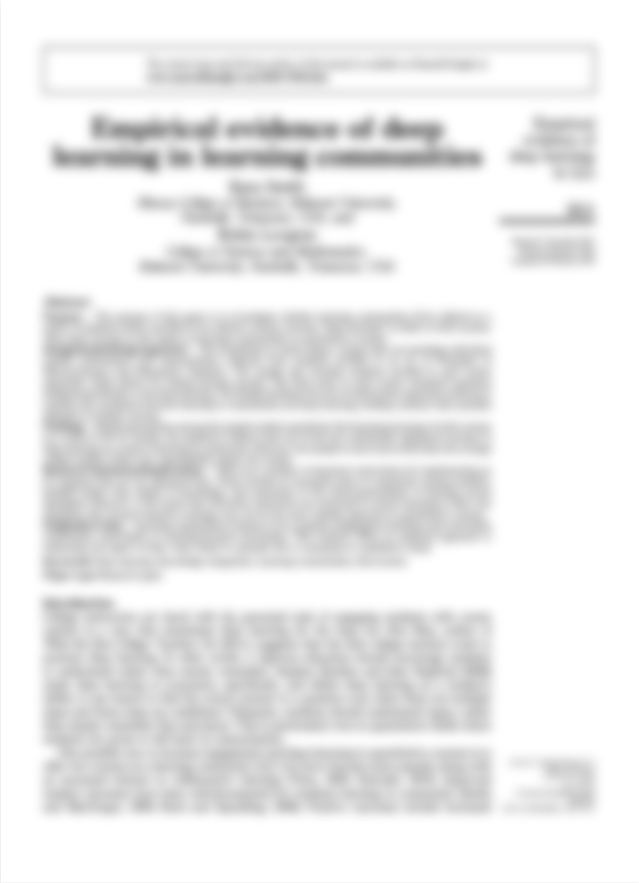Pain again drives Ripken from field; will he return? Nagging back places Oriole at crossroads: [FINAL Edition]
Joe Strauss and Roch Kubatko.
The Sun; Baltimore, Md.. 29 June 2000: 1A.
You might have access to the full article...
Try and log in through your library or institution to see if they have access to the full text.






